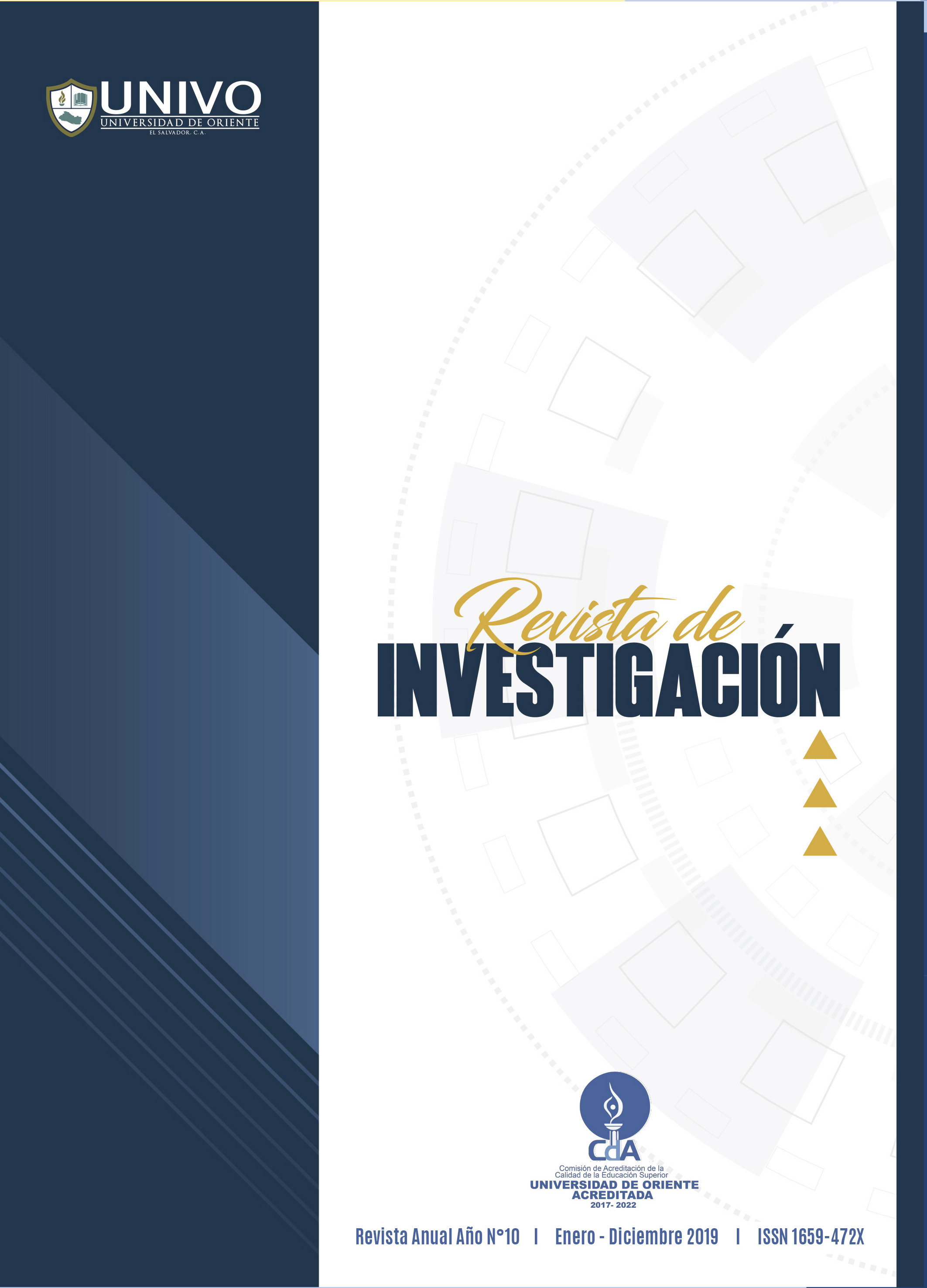Evaluation of Burnout Syndrome in health professionals
Main Article Content
Abstract
Professional burnout syndrome (SDP) or Burnout Syndrome (DB) is a chronic adaptive disorder associated with inadequate coping with the psychological demands of work that alters the person's quality of life. Burnout syndrome is a psychological response to chronic work stress that compromises three dimensions: Emotional exhaustion, Depersonalization and Loss of achievement or personal fulfillment, all of them referring to the relationship between the individual and the work environment. Objective: Estimate the prevalence and associated factors of Burnout syndrome in health personnel who work at the National Hospital of La Unión. Methodology: Cross-sectional study with descriptive scope and quantitative approach, the instrument used was Maslach Burnout Inventory (MBI). Ethical principles: prior informed consent of each of the participants, respecting the right of confidentiality. Results: 93 health professionals participated; young adults, where 75% of the population were female. For the emotional exhaustion dimension, the prevalence was 66%. Once the Burnout Scale was applied, it was found that, for those surveyed, 11% of them were emotionally exhausted at work a few times a month; for the depersonalization dimension, the prevalence was 10%. 2% of the participants stated that they dealt well with the patient's problems on a daily basis and for the dimension of personal accomplishment, the prevalence for low personal accomplishment was 24%. 73% of those surveyed considered that they understood patients on a daily basis.
Article Details
How to Cite
Argueta Álvarez, R. . (2024). Evaluation of Burnout Syndrome in health professionals. Inicio, 1(10), 52-57. Retrieved from https://revista.univo.edu.sv/index.php/investigacion/article/view/33
Issue
Section
Artículos

This work is licensed under a Creative Commons Attribution-NonCommercial-ShareAlike 4.0 International License.

